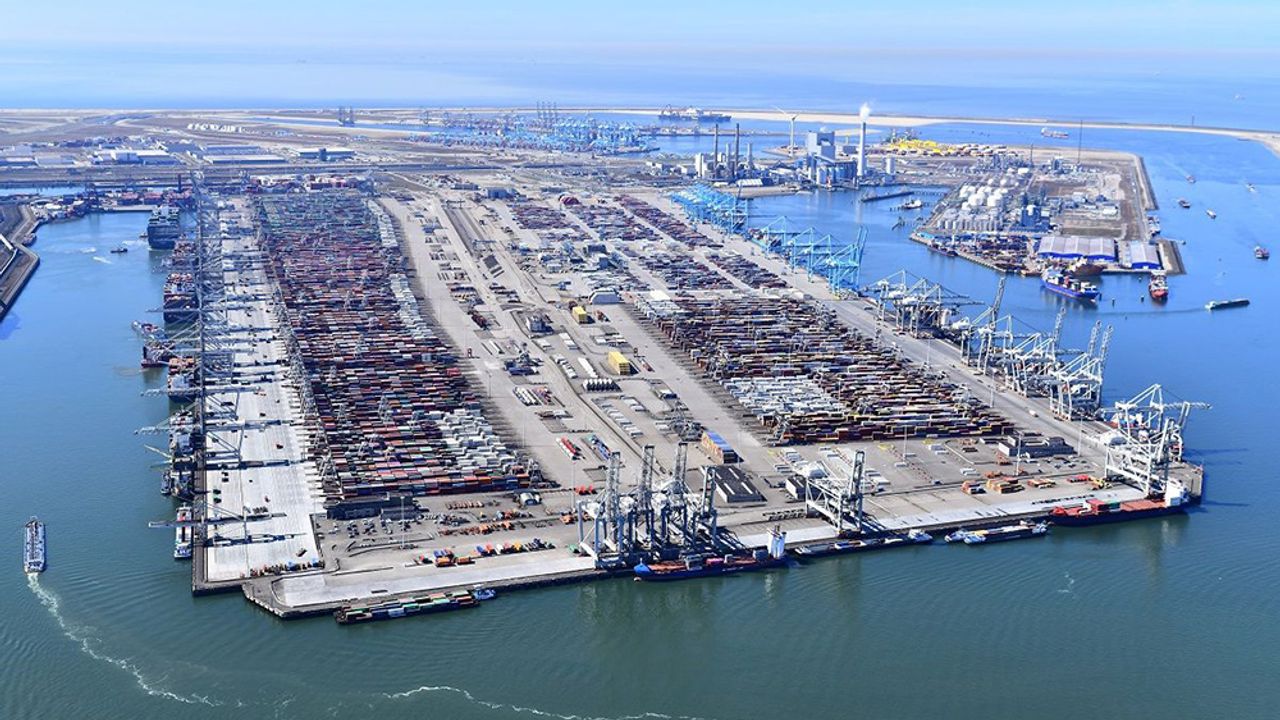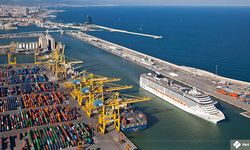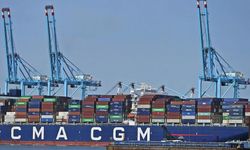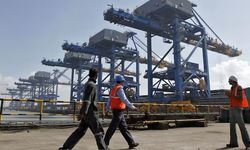These organizations are united in their commitment to speeding up the adoption of Battery-Electric Container Handling Equipment (BE-CHE). Their collective goal is to make BE-CHE more affordable and accessible within this decade, significantly advancing port decarbonization. The new members bring valuable insights, extensive contacts, and a strong drive for reducing emissions to the alliance. ZEPA remains open to all industry partners and is managed by an independent third-party Secretariat.
Sahar Rashidbeigi, Global Head of Decarbonisation at APM Terminals, reflected on their progress: “Since defining the problem at last year’s TOC Europe conference, we've come a long way. From the ‘tipping point’ White Paper nine months ago to launching ZEPA with DP World during COP28 in December, and now welcoming 11 key members, our progress underscores that we’re addressing a critical industry issue. This collaboration is essential for effective solutions.”
Over recent months, ZEPA has held working sessions, conducted initial analyses, and had its first formal Steering Committee meeting at TOC Europe on June 11th. During the meeting in Rotterdam, ZEPA members emphasized the importance of their joint efforts in reducing emissions and advancing battery-electric equipment to be as cost-effective as diesel. Industry leaders expressed strong support, highlighting that change is faster through cross-value chain collaboration. The alliance operates fully in compliance with all applicable anti-trust and competition laws, monitored by external legal counsel.
ZEPA representatives also participated in several panels at TOC Europe, discussing the alliance’s mission and progress, and stressing the urgency of collective action to cut emissions.
Zero Emission Port Alliance Welcomes 11 New Members to Accelerate Green Port Technology
The Zero Emission Port Alliance (ZEPA) has expanded its ranks with 11 new organizations from the container port industry. The new members include APM Terminals, CATL, DP World, Kempower, Patrick Terminals, Port of Aarhus, Port of Rotterdam, Rocsys, Sany, SSA Marine, and ZPMC.
These organizations are united in their commitment to speeding up the adoption of Battery-Electric Container Handling Equipment (BE-CHE). Their collective goal is to make BE-CHE more affordable and accessible within this decade, significantly advancing port decarbonization. The new members bring valuable insights, extensive contacts, and a strong drive for reducing emissions to the alliance. ZEPA remains open to all industry partners and is managed by an independent third-party Secretariat.
Sahar Rashidbeigi, Global Head of Decarbonisation at APM Terminals, reflected on their progress: “Since defining the problem at last year’s TOC Europe conference, we've come a long way. From the ‘tipping point’ White Paper nine months ago to launching ZEPA with DP World during COP28 in December, and now welcoming 11 key members, our progress underscores that we’re addressing a critical industry issue. This collaboration is essential for effective solutions.”
Over recent months, ZEPA has held working sessions, conducted initial analyses, and had its first formal Steering Committee meeting at TOC Europe on June 11th. During the meeting in Rotterdam, ZEPA members emphasized the importance of their joint efforts in reducing emissions and advancing battery-electric equipment to be as cost-effective as diesel. Industry leaders expressed strong support, highlighting that change is faster through cross-value chain collaboration. The alliance operates fully in compliance with all applicable anti-trust and competition laws, monitored by external legal counsel.
ZEPA representatives also participated in several panels at TOC Europe, discussing the alliance’s mission and progress, and stressing the urgency of collective action to cut emissions. The alliance has started work in three of its four main areas:
Global Demand Reporting: Measuring and reporting projected global demand for BE-CHE to encourage manufacturers to increase production and reduce lead times.
Design Standards: Developing voluntary design standards for BE-CHE to achieve economies of scale and simplify implementation. This includes harmonizing operational requirements and exploring potential for standardized charging strategies and components. These standards will be public, voluntary, and will not limit stakeholders from exceeding them.
Electrification Toolkit: Creating a toolkit with best practices and a technical checklist for port authorities and terminal operators to prepare for and implement the necessary power infrastructure for BE-CHE and other electric equipment at ports.
ZEPA's efforts underline the critical importance of industry-wide collaboration in achieving significant emission reductions and advancing sustainable port technology.






